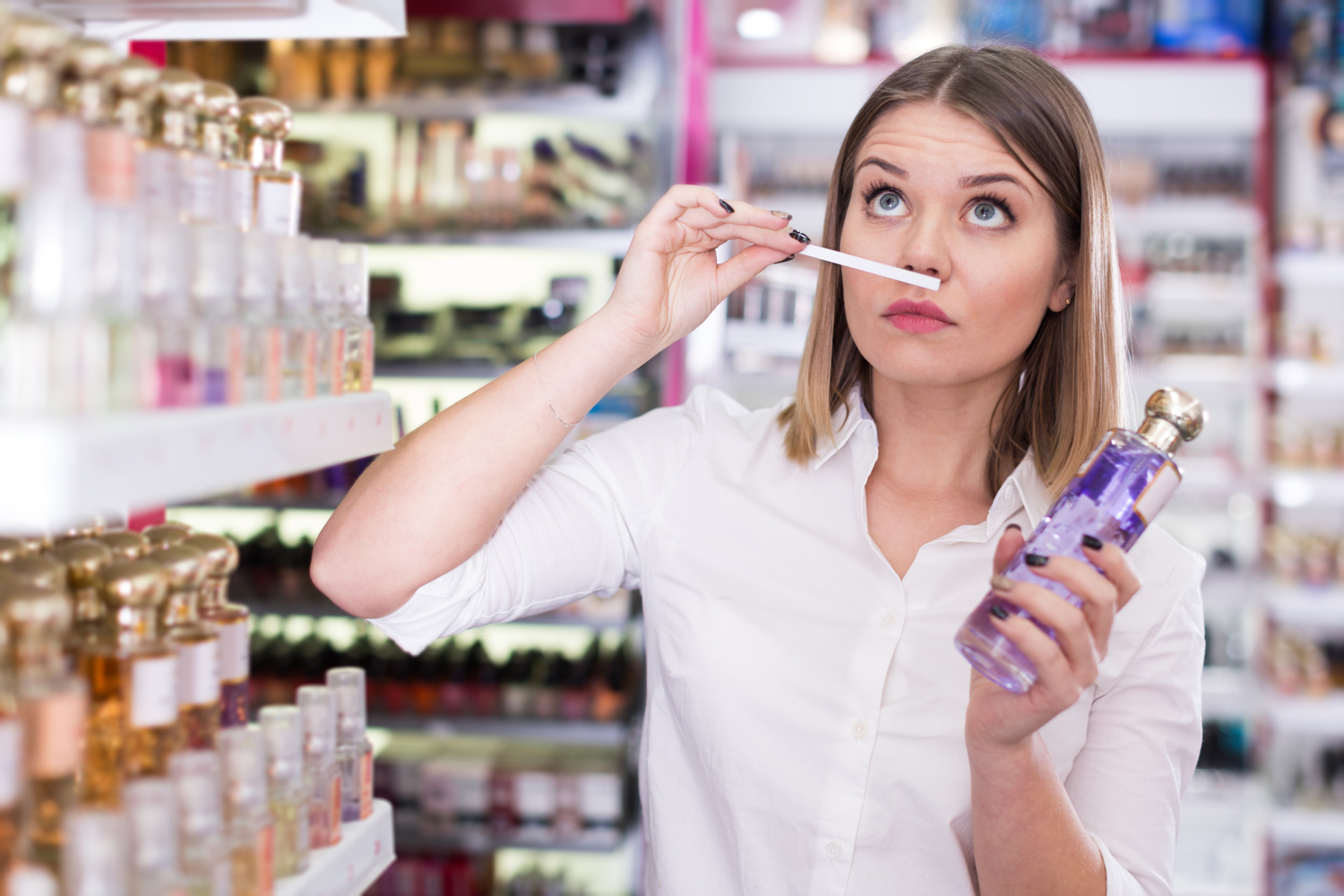Smells That Can Trigger Migraines

Migraines are debilitating headaches that often cause symptoms of blurred vision, nausea, vomiting, and sensitivity to light and sound. Many different environmental factors, including weather, stress, and even smell can trigger a migraine. In fact, 95-percent of migraine sufferers report sensitivity to certain smells, which is known as osmophobia.
Specific odors known to trigger migraine attacks include:
1. Cigarette smoke
This is one of the most well-known triggers for migraines. This includes smoking cigarettes, pipes, vape pens, and cigars as well as just being around people who are smoking. Smoking is a prevalent migraine trigger because cigarette smoke contains chemicals that irritate the trigeminal nerve, which is located just under the surface of the skin in the face and neck area. Irritation of the trigeminal nerve negatively affects the blood vessels in the brain, which can trigger a migraine headache.
2. Food odors
Many food smells can trigger migraines. For instance, if you are sensitive to an ingredient in a certain recipe, cooking it or even being in a room where it’s being prepared may cause headaches. Common food odors that trigger migraines include onions and garlic, spicy, and fatty food smells if foods are deep fried.
3. Perfumes and fragrances
If you are sensitive to smells, then perfumes and other strong scents may trigger a migraine. Any strong fragrances or colognes smell in close proximity (i.e., an elevator or office) may negatively affect the blood vessels in the brain, which can in turn trigger a migraine headache. If you are prone to migraines, you should avoid wearing scents and steer clear of scent-heavy areas (i.e., perfume or makeup counters) as much as possible.
4. Cleaning chemicals
For many migraine sufferers, the smell of strong chemicals cleaners (i.e., bleach) can quickly cause a migraine. Again, these caustic odors can cause irritation in the airways and nasal passages when used without a mask, leading to pain and inflammation. If you experience migraines when cleaning, wear a mask and gloves when using the product or seek out an unscented or natural cleaner made with no chemicals.
5. Candles or air fresheners
Candles and air fresheners are often used to add a mood to a room (i.e., pine scented candles at Christmas or pumpkin spice air fresheners in autumn), however for some migraine sufferers candles and air fresheners can cause killer migraines. If you are sensitive to smells, it is best to avoid purchasing candles or air fresheners for your home, or you may try out some natural candles made with essential oils versus artificial scents that can burn stronger and more irritating.
In conclusion, smells can trigger migraines in people who are sensitive to certain odors. When the blood vessels in the brain become irritated, a migraine can quickly develop. Keep a journal of your scent migraine triggers and do your best to limit your exposure as much as possible.



